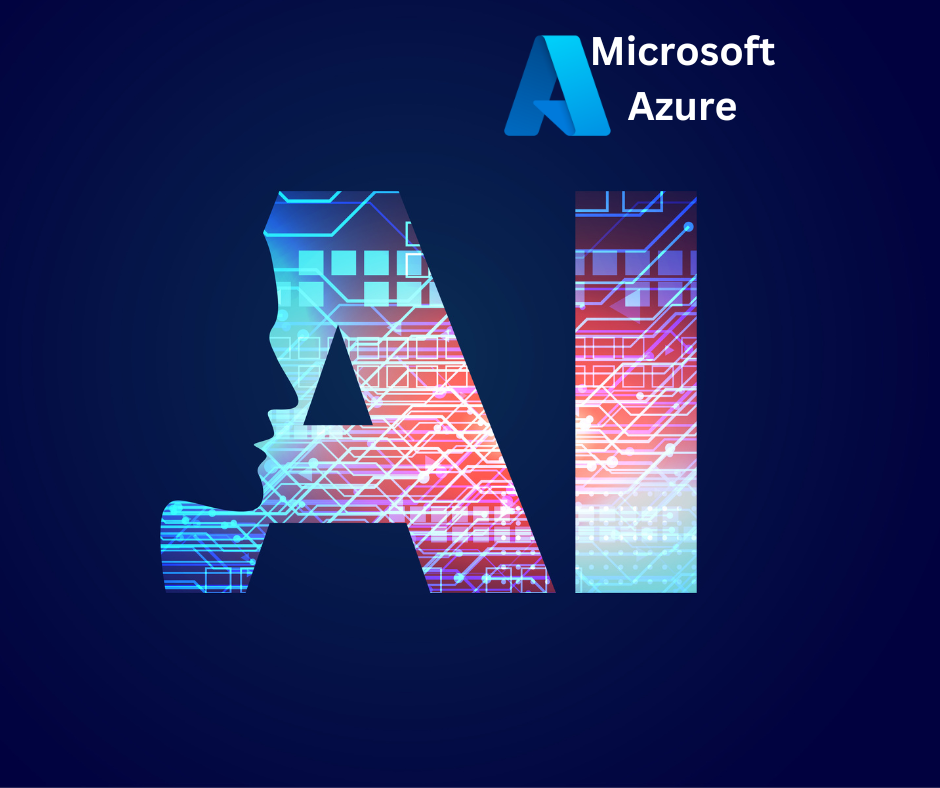At its annual Build software developer conference in Seattle, Washington, Microsoft announced a significant expansion of its artificial intelligence offerings, including new models from xAI, Meta Platforms, Mistral, and Black Forest Labs, all hosted within its own data centers. This move underscores the company’s shift towards becoming a more neutral player in the AI arms race, leveraging a broader array of AI players while keeping costs under control.
Microsoft CEO Satya Nadella emphasized the significance of these new offerings, stating that they will be provided with the same reliability guarantees as OpenAI models hosted by Microsoft. This game-changing approach allows developers to mix and match different AI models, creating a more versatile and efficient development process.
One of the most exciting announcements was the unveiling of GitHub Copilot, a coding agent designed to help developers with coding tasks. Unlike previous iterations of Microsoft’s AI coding tools, which could only generate code based on what a developer was already doing, this new agent takes instructions from humans and then works independently to complete tasks, alerting the human to review its work once finished.
This development is reminiscent of OpenAI’s recent release of Codex, a similar coding agent. However, Microsoft’s vision goes beyond just agents for individual developers. The company envisions a future where businesses can create their own AI-powered agents for various tasks within an organization using Azure Foundry, a service that allows businesses to build and deploy their own agents based on the AI model of their choice.
Asha Sharma, corporate vice president for product of Microsoft AI platforms, revealed that these agents will likely be built with a mix of different AI models. With over 1,900 AI models now available on Azure, including xAI’s Grok 3 and Grok 3 mini models, Meta’s Llama models, and offerings from Mistral and Black Forest Labs, Microsoft is well-positioned to cater to the diverse needs of its customers.
Furthermore, by hosting these models within its own data centers, Microsoft can guarantee their availability and reliability, a significant advantage in an era where popular AI models often struggle with outages due to high demand. Sharma announced that the company plans to add more popular models soon, further expanding the range of options available to developers and businesses.
In another groundbreaking move, Microsoft is creating a way for AI agents to have digital identifiers similar to those used by human employees within a company’s systems. This concept has the potential to revolutionize the workplace, opening up new capabilities while also raising concerns about the impact of AI on employment.
As Bob O’Donnell, president and chief analyst at TECHnalysis Research, astutely observed, “The concept of treating agents as digital employees is the kind of groundbreaking change that will both open some impressive new capabilities but also raise concerns about the impact that AI is going to make in the workplace.”
With these announcements, Microsoft has taken a significant step towards solidifying its position as a leader in the AI space, offering developers and businesses a more flexible, reliable, and efficient way to harness the power of artificial intelligence. As the technology continues to evolve, it will be exciting to see how Microsoft’s vision for a future with AI-powered agents transforms the world of work and beyond.
Sourced from https://www.reuters.com/
